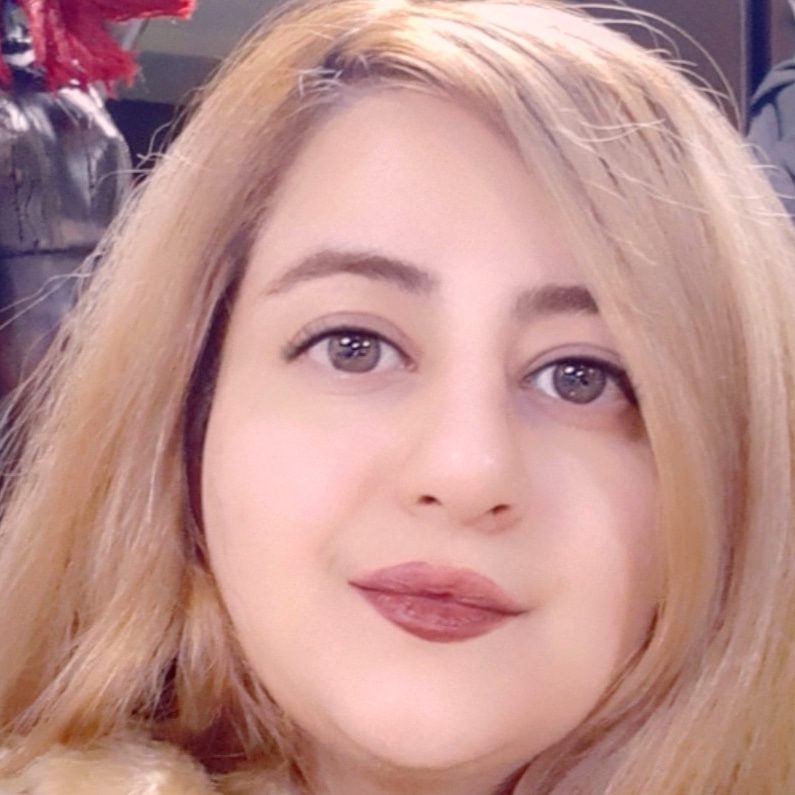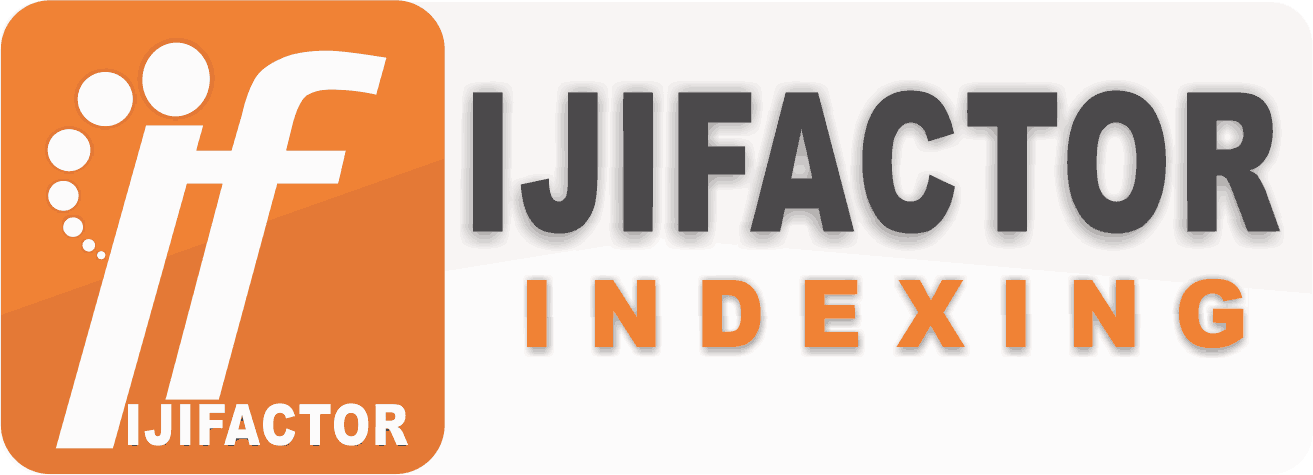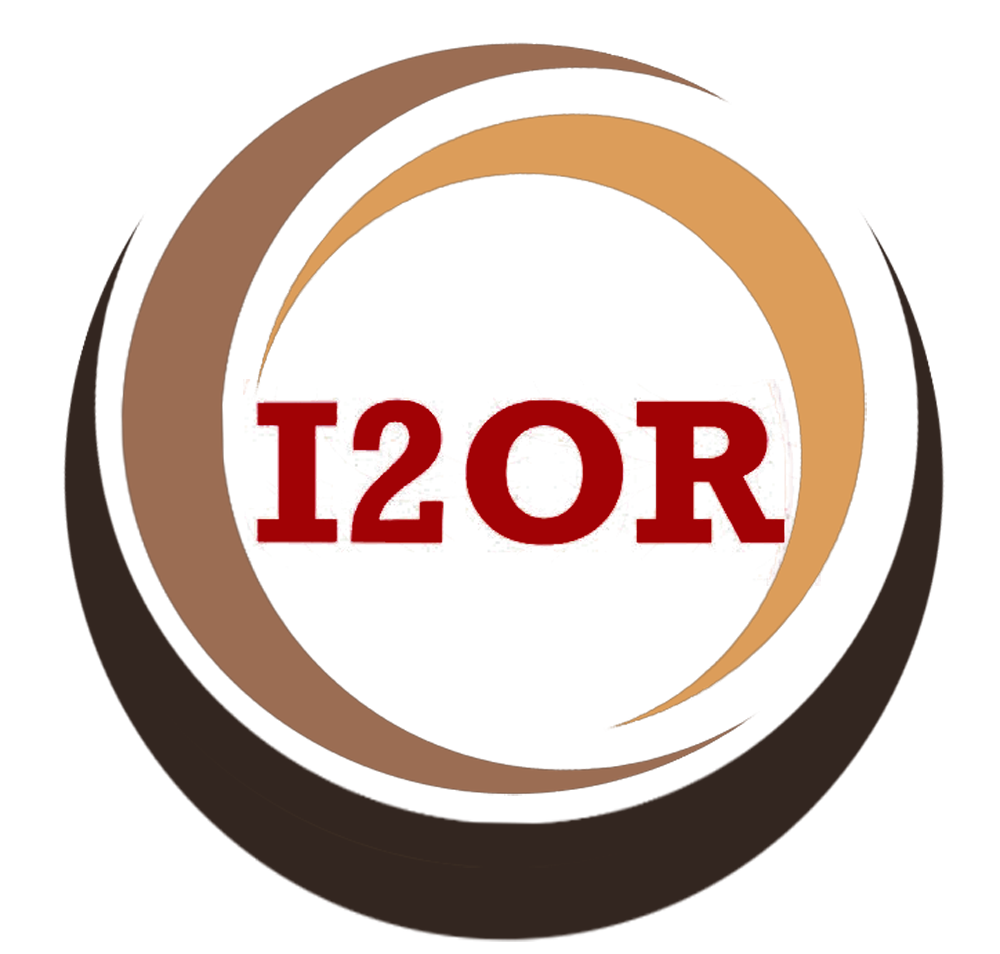- Submissions
Article
The Comparison of Active Cooperative and Traditional Teaching Methods in Nanochemistry Students' Satisfaction and Learning of Clinical NanochemistryDr. Alireza Heidari* , Ricardo Gobato
Details
Author
Dr. Alireza Heidari*
ISSN
2737-4033
Abstract
Background and Objective: Clinical Nanochemistry is one of the courses which have been arranged for Nanochemistry students. Its deep learning and understanding could be an important foundation for Nanochemistry students' expertise. According to the problem in deep learning of this course and in order to generate more interests among affiliate Nanochemistry students, the present study aimed to compare the teacher– centered method and active cooperative learning method. Materials and Methods: This quasi–experimental study was conducted on 65 Nanochemistry students at California South University (CSU) during the first semester of 2018–2019. Some subjects were taught through teacher–centered method and some of them through Nanochemistry students' seminars. The Nanochemistry students' satisfactory score of cooperative method was calculated by a questionnaire. The mean score of Nanochemistry students' final exam was compared with the mean score of Nanochemistry students who were taught only by traditional method. T–tests and chisquare analysis was used. Results: The satisfactory average score of Nanochemistry students in cooperative method was 64%. The average score of the effect of the method on motivating Nanochemistry students at Nanochemistry was 62.2%, in more effective learning was 66.2%, and in motivating Nanochemistry students to cooperate in team work was 57%. There was not any significant difference between the final exam scores of the two groups. Conclusion: According to the significant Nanochemistry students' satisfaction of cooperative teaching, it is recommended to use interactive teaching methods with Nanochemistry student participation that engage them to achieve deep and effective learning. These results could be an incentive to improve teaching methods from "teacher–centered" to "student–centered".
Keywords
Teacher–Based Method, Active Learning, Cooperative Method, Clinical Nanochemistry
Editors-in-Chief
Editors
Upcoming Conferences
Indexing/Listing
Recent Articles
Study of Stimulated Raman Biospectroscopy in Lopinavir as a Potent Drug against Coronavirus Disease–2019 (COVID–19) Infection

Dr. Alireza Heidari* Dr. Alireza Heidari*
Published on: Jun 19, 2020
Study of Nanochemistry Students' Satisfaction and Learning with Blended Education: An Action Research Study

Dr. Alireza Heidari* Dr. Alireza Heidari*
Published on: Jun 19, 2020
The Comparison of Active Cooperative and Traditional Teaching Methods in Nanochemistry Students' Satisfaction and Learning of Clinical Nanochemistry

Dr. Alireza Heidari* Dr. Alireza Heidari*
Published on: Jun 19, 2020
A Stimulated FT–IR Biospectroscopic Study of Lopinavir Protective and Therapeutic Effect as a Potent Drug on Coronavirus Disease–2019 (COVID–19) Infection
























